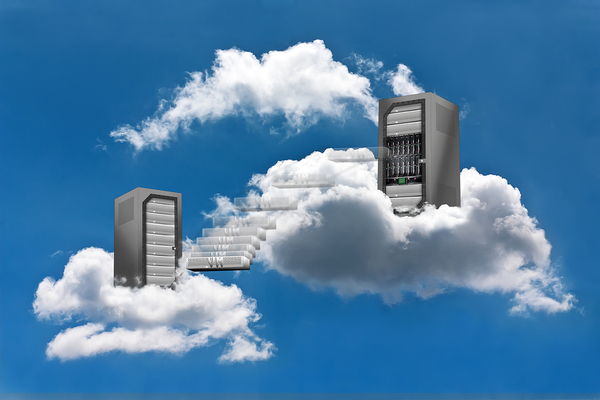
When comparing cloud computing and dedicated onsite servers, the question often becomes a "capital expenses (capex) vs. operating expenses (opex)" argument. But the idea that you buy a server and rent a cloud computing solution is misleading, especially on a balance sheet. The truth is that cloud computing is often the more budget-conscious solution.
On-Site Equipment Has Indirect Costs
One of the most common arguments is to take the cost of a server, divide it by 36, the number of months you'll expect a server to be up and running, and think of that as the end of it. But the line items on budgets don't tell the whole story. Remember, if you're buying a server and installing software on it, there are a host of costs that pop up elsewhere in the budget. Power, dedicated service lines, maintenance, and unexpected costs will all crop up elsewhere on your balance sheet, as compared to the straightforward nature of infrastructure in the cloud.
Are You Really Using That Much Of Your Server?
How much server do you need? Keep in mind, with cloud services, you're paying for the power and software you need, not buying in bulk and assuming it's enough. Utilization is an important consideration because if you spend the capital on a server and buy far more power than you need, that's a sunk cost you could have spent elsewhere in your business. Especially if your business is rapidly growing, or your needs are different from employee to employee, you can quickly find yourself without enough server space, or that you bought far more than you need. And then, of course, there's the situation where you can't utilize it at all.

What Happens In A Blackout?
Every business has faced this problem at least once; things out of your control black out the entire building and cost you productivity. It's a common problem that can hold back any business, especially if it means you have to send employees home. When the power goes out, that means your server is knocked out. In extreme cases, you can lose literally all your data; one server going down wiped out almost every point of data about women's college basketball. Anyone working from home and any employee working while on a business trip are all effectively blacked out as well, spreading a loss of productivity across the entire company. It's simply not a problem you face with cloud computing, and if your team needs to leave the office, they can just log in from home.
The Office Of The Future
Finally, any business has to consider the future of the office, especially as we shift to IT as a service. As more and more work shifts to the internet and remote hiring and work/life balance become increasing issues in the workplace, many businesses are finding that they need to offer employees maximum flexibility. In order to keep the best talent businesses need to think of work as something that involves more than showing up to a cubicle and attending meetings. Remote hires are becoming more common, and increasingly employees are valuing the flexibility to make their office anywhere they can open a computer and answer their smartphone. If they're not going to be in the office, why make them log into a server at one?
Of course, how each office solves their computing question will depend on a multitude of factors. But don't rule out cloud computing, no matter where you work, it's more often than not the budget-conscious solution you're looking for. Call us at 888-884-TOSS (8677) or contact us online, we'd love to hear from you.

Leave a comment!
You must be logged in to post a comment.